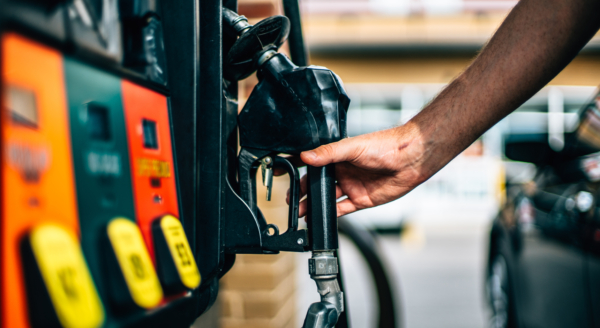In light of recent refinery closure announcements, on May 28, 2025, the Assembly Utilities and Energy Committee held an oversight hearing to discuss the outlook for California’s transportation fuels sector.
That outlook? Not good.
As Assemblymember Jaqui Irwin (D-Thousand Oaks) put it:
“[W]e are potentially looking at an incredible amount of volatility because we are down to so few refineries. And as the Chair mentioned … I could picture $10 gasoline, and that would obviously be terrible for consumers.”
California Energy Commission Vice Chair Siva Gunda confirmed that California is likely to see more gasoline price spikes as fuel demands increasingly outpace supply:
“… [A]s the refining capacity decreases, you see those spikes more and more. So, as you move forward with more and more refining capacity potentially leaving California, that’s something that we absolutely need to work on … [T]his is a very important challenge we need to solve almost immediately.”
Assemblymember David Alvarez (D-Chula Vista) said of the situation: “I’m hearing … we have a crisis on our hands that may have been self-created,” noting how the legislature and the California Air Resources Board (CARB) have been adopting policies for several years “without the reference point of a transition plan.”
Committee Chair Cottie Petrie-Norris (D-Irvine) agreed on the need for better planning:
“… [T]he state is largely without a system-wide transition plan. A piecemeal approach to the transition is not the answer. We need a real plan.
… Pricing is fundamentally about supply and demand. So, what we need to do, and what we as legislators need your help to do, is help ensure that as much as possible, we are tracking the decline in supply to the decline in demand.”
Agency witnesses confirmed that the state needs to support in-state oil production and refining to ensure affordable, reliable fuel supplies.
Gunda emphasized the inter-dependency of the entire fuel supply ecosystem:
“[A]s you reduce the overall crude oil production in California … that will have a direct impact on the infrastructure, which is those crude oil pipelines will not be profitable to run …
[If] you have the crude oil pipeline shut down, you will have the refineries having to procure the crude oil from elsewhere, and not all refineries are set up to receive crude oil through marine terminals, and hence it will be harder for them.”
Recognizing how “conventional internal combustion vehicles will remain on the road for some time,” CARB Chair Liane Randolph argued for California to maintain its fuel production capacities:
“[W]e want to ensure that the fuel that we are using is produced with high standards … We want to ensure that the in-state production that we have, is not undercut with too many imports that don’t have strong environmental standards.”
After the hearing, Gunda stated in a letter to Governor Newsom that “immediate State actions are necessary to stabilize the near-term vulnerabilities of the entire transportation system.”
Gunda recommended legislators support California’s existing refining capacity by stabilizing in-state production of crude oil. Gunda also called for the state to give fuel producers more confidence to continue investing in refinery operations, pipelines, and related infrastructure.
With Californians already facing the nation’s highest gas prices, those changes can’t come soon enough.


